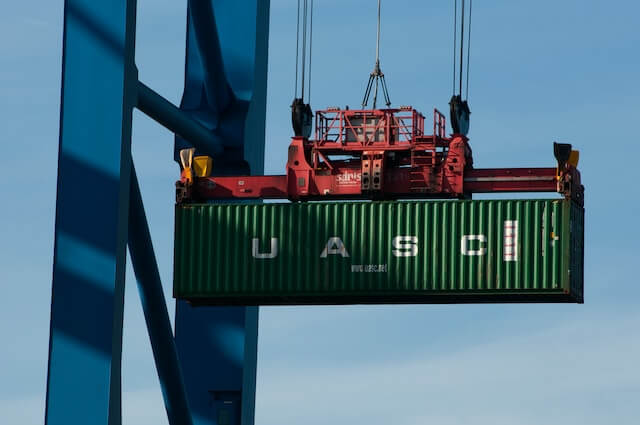
Contributed by Ms. Zhao Jing, Hylands Law Firm. For more posts about China Customs Affairs, please click here.
This post was first published in CJO GLOBAL, which is committed to providing consulting services in China-related cross-border trade risk management and debt collection. We will explain how debt collection works in China below.
China imposes customs duty, consumption tax, and value-added tax on goods imported into its territory.
1. Customs Duties
Customs duties are calculated based on the price or quantity of imported goods.
(1) Calculation by price
The customs duties for most goods are calculated based on their prices.
Duties Payable = Dutiable Value * Duty Rate
(2) Calculation by quantity
The customs duties for a small number of goods, such as frozen chicken, crude oil and beer, are calculated based on quantity.
Duties Payable = Quantity of Goods * Unit Duty Rate
2. Consumption Taxes
Customs shall levy consumption tax on alcoholic drinks, tobacco, automobiles, and jewelry.
(1) Calculation by price
Tax Payable = [(Dutiable Value + Dutiable Levied)/(1- Consumption Tax Rate)] * Consumption Tax Rate
(2) Calculation by quantity
Tax Payable = Quantity of Goods*Unit Consumption Tax
3. Value-added Taxes
Value-added tax is collected by customs instead of tax bureaus at the time of import.
Tax Payable= (Dutiable Value + Duties Levied +Consumption Tax Levied) * Value-added Tax Rate
Contributor: Zhao Jing
Agency/Firm: Hylands Law Firm
Position/Title: Partner
* * *
Do you need support in cross-border trade and debt collection?
CJO Global's team can provide you with China-related cross-border trade risk management and debt collection services, including:
(1) Trade Dispute Resolution
(2) Debt Collection
(3) Judgments and Awards Collection
(4) Bankruptcy & Restructuring
(5) Company Verification and Due Diligence
(6) Trade Contract Drafting and Review
If you need our services, or if you wish to share your story, you can contact our Client Manager Susan Li (susan.li@yuanddu.com).
If you want to know more about CJO Global, please click here.
If you want to know more about CJO Global services, please click here.
If you wish to read more CJO Global posts, please click here.
Photo by Anja Bauermann on Unsplash
Contributors: Zhao Jing









